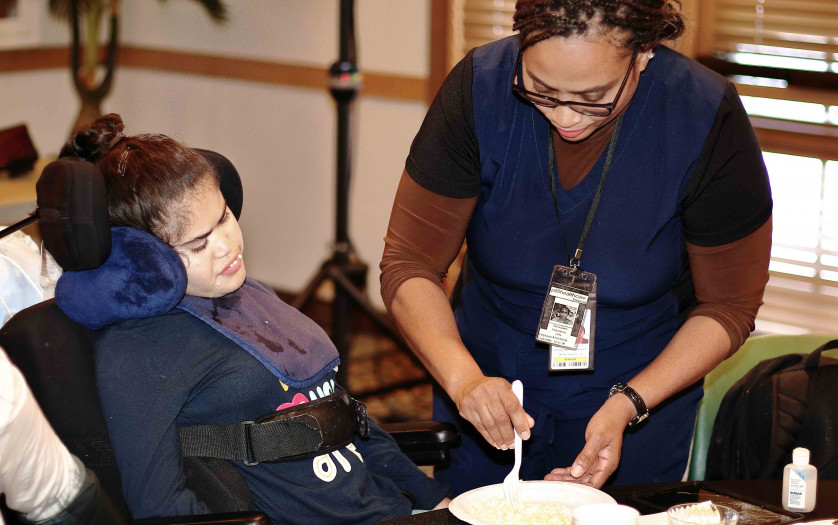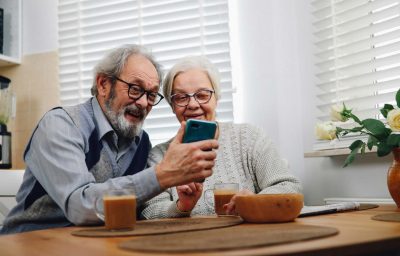
Disability advocates say the lives and health of persons with disabilities are at risk because of the severe strain that the Omicron variant of COVID-19 is putting on the disability support sector.
People With Disability Australia President Samantha Connor: “In NSW and Victoria, there is currently a significant shortage of workers who are available to provide services for persons with disabilities either in their home or in group residential settings.
“This is due to workers isolating because they have COVID or have been a close contact of someone with COVID. It’s also due to workers not being able to get regularly tested to show they can provide COVID-safe services to clients – these workers can’t access rapid antigen tests (RATs) or they can’t spend hours every day in a queue for a PCR test.
“What this means is thousands of persons with disabilities who require care and support services every day to live healthy, functional and dignified lives are now left scrambling to find workers who can provide the COVID-safe services they need. A significant number of essential workers have been stood down due to COVID.
“We’ve had reports of people not getting basic assistance for days on end, people sleeping in their wheelchairs because there’s no one to help them get into bed, and people going to hospital because they can’t get the support they need in their home or residential setting.
“And we’ve also had reports that to limit staff shortages, nurses in some hospitals are being asked not to take rapid tests which means going to these hospitals to get services could also be potentially dangerous for people with disability as COVID could easily be spreading unchecked in such settings.
“For many people with disability, getting COVID could have dire consequences, but not getting care and support could also have dire consequences. And many members of our community, including NDIS participants, are significantly under-vaccinated or not vaccinated at all.
“The decision to ‘let it rip’ without any of the requisite planning in place has left many people with disability with the impossible choice of putting their lives and health at risk because they can’t get a support worker or putting their lives and health at risk by getting a support worker who may have COVID.
“Disability advocates have been warning about these kind of continuity of care issues ever since ‘let it rip’ seemingly became the official response to the pandemic. It is imperative that governments start listening to us and urgently fix these issues.
“Many people with disability are clinically vulnerable to COVID and so need to be protected when receiving support services from workers that could have COVID. So just like the aged care sector, people with disability should have access to sufficient free RATs to keep us safe as well as access to free PPE.
“Disability support workers should also have access to free RATs and PPE so they can confidently provide COVID-safe services to their clients. Priority access and processing of PCR tests for people with disability, as well as the workers who support them, is also essential.
“Service providers should be working with people with disability to implement vaccine PLUS plans and develop emergency COVID-19 care plans, in case a person with disability or a disability support worker becomes positive. A breakdown in required care and support can have catastrophic consequences.
“Australia has obligations under the Convention on the rights of persons with disability, to which it is a signatory. Governments must work together with our sector to ensure we have equitable access to preventative measures and a surge workforce and make people with disability safe.”








